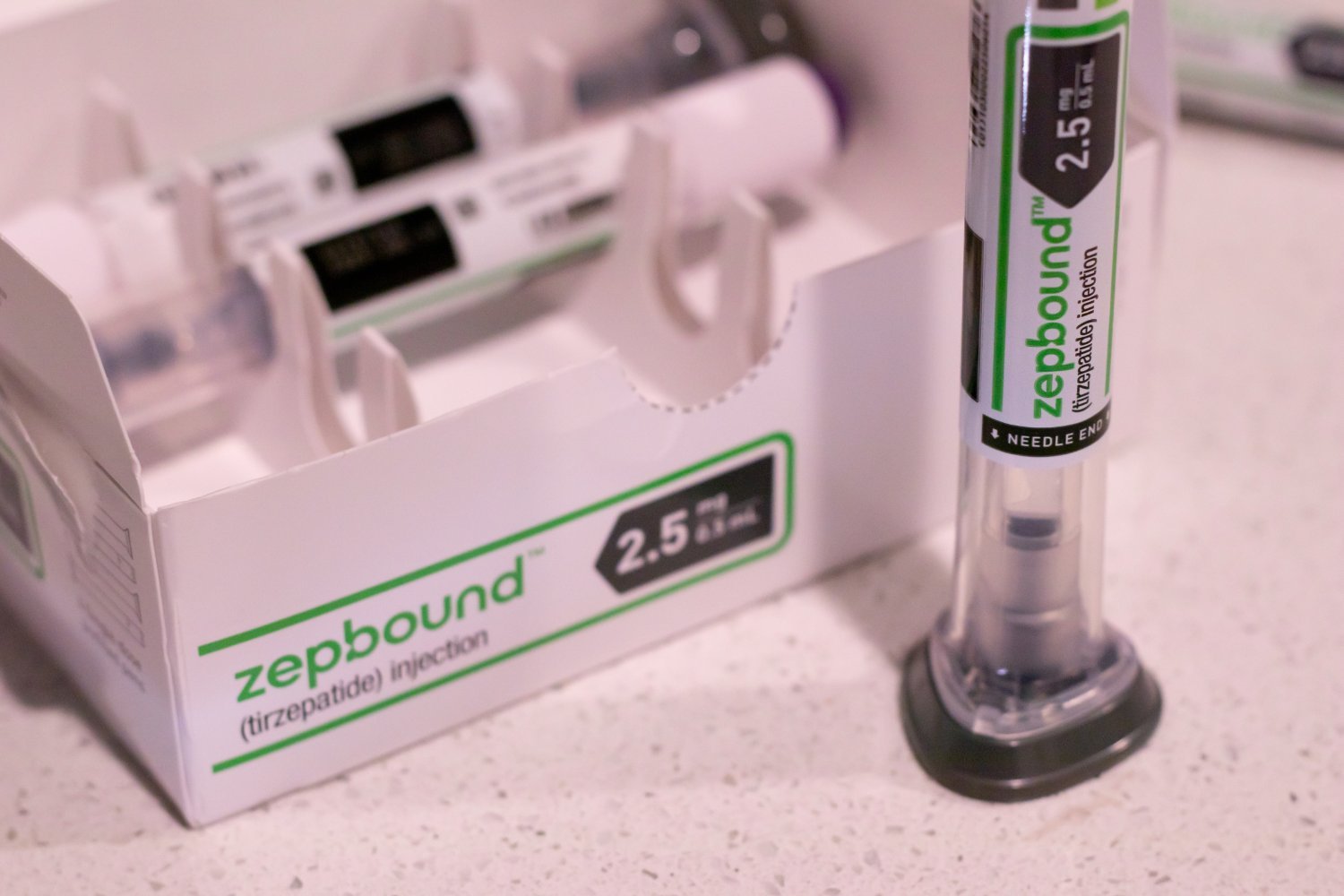The FDA has approved Eli Lilly’s obesity drug, Mounjaro (tirzepatide), for the treatment of moderate to severe obstructive sleep apnea (OSA) in obese adults. This marks the first FDA-approved drug specifically for OSA, a condition affecting approximately 12% of Americans.
OSA occurs when breathing repeatedly stops and starts during sleep, disrupting sleep quality and potentially leading to serious health problems. Obstructive sleep apnea is the most common type and it’s caused by the relaxation of throat muscles, blocking the airway. While several factors contribute to OSA, obesity is a significant risk factor. Tirzepatide, the active ingredient in Mounjaro, has demonstrated remarkable efficacy in treating obesity, with clinical trial participants losing up to 20% of their body weight. This led researchers to investigate its potential in treating OSA.
Tirzepatide Demonstrates Effectiveness in Treating OSA
In two large clinical trials, tirzepatide proved highly effective in reducing both weight and apnea symptoms. Participants experienced an average weight loss of 18% to 20%. More importantly, the frequency of apnea episodes decreased by up to two-thirds, with patients experiencing roughly 30 fewer episodes per hour. Remarkably, up to 50% of participants on tirzepatide were symptom-free after one year. The FDA’s approval is a major advancement for OSA treatment options, offering a new avenue for those struggling with the condition.
New Treatment Option Alongside Existing Therapies
While continuous positive airway pressure (CPAP) machines remain the gold standard for apnea treatment, especially for non-obese individuals, Mounjaro provides a valuable alternative. CPAP requires nightly use, which can be challenging for some to maintain long-term. Mounjaro’s weekly injection offers a more convenient approach for eligible patients. Interestingly, trials revealed that combining Mounjaro and CPAP therapy led to even better results than either treatment alone, suggesting potential benefits of combination therapy.
Mounjaro’s Side Effects and Cost Considerations
Despite its promise, Mounjaro is not without its drawbacks. Common side effects include gastrointestinal issues like vomiting and diarrhea. The drug’s high cost, exceeding $1,000 per month, is another concern. However, the expanded approval may improve insurance coverage accessibility. The availability of additional treatment options represents a significant step forward in managing OSA, potentially ushering in a new era in sleep apnea care, much like it has for obesity treatment.
Conclusion: A New Hope for Sleep Apnea Sufferers
Mounjaro’s FDA approval for OSA offers new hope for those struggling with this common yet serious sleep disorder, particularly those for whom CPAP therapy proves difficult. While considerations like cost and potential side effects remain, this new treatment option signifies a significant advance in sleep apnea management. The potential for improved sleep quality and overall health underscores the importance of this development.











